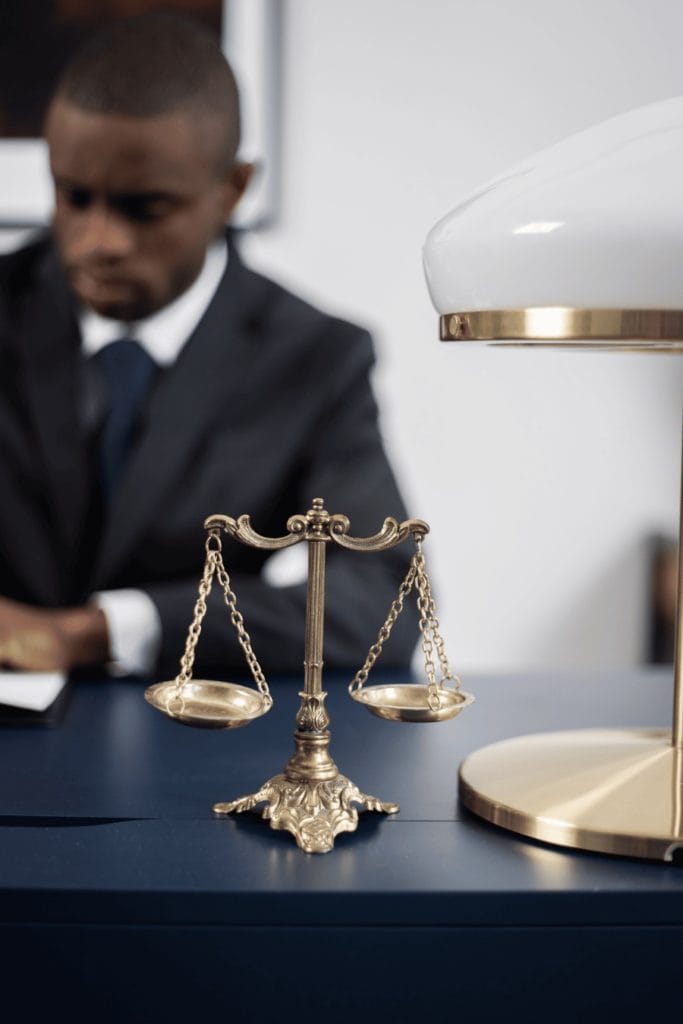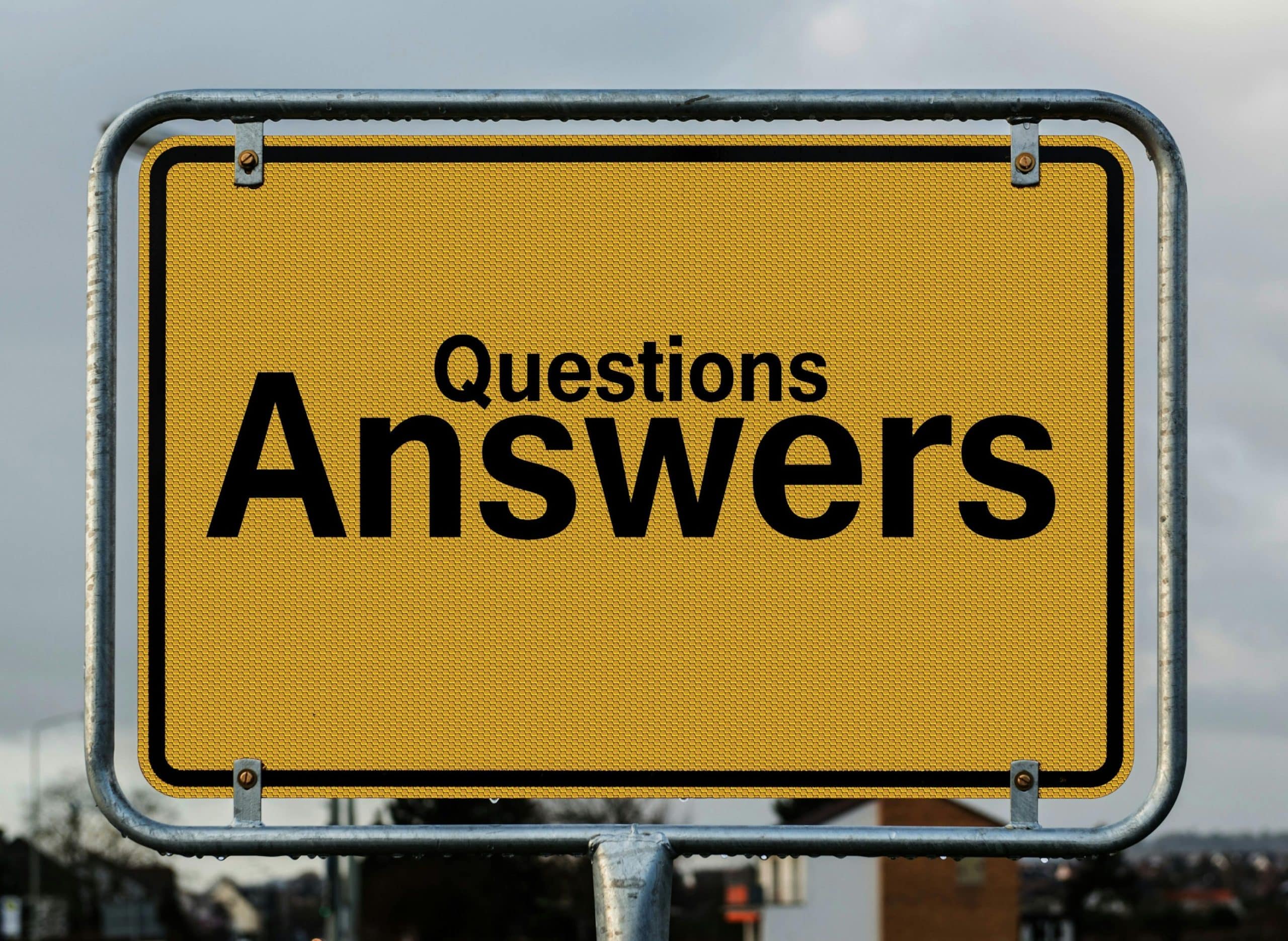
If you’ve recently settled a personal injury claim, congratulations! Receiving your settlement money can be a huge relief, especially after the physical pain, emotional stress, and financial hardship caused by your accident. However, your journey may not be over just yet. It’s crucial to understand that even after your settlement, you may still be facing the daunting task of dealing with your medical bills. But fear not because, in this article, we’ll guide you through the process of negotiating medical treatment costs after the settlement of personal injury claims.
The Complex Web of Medical Bills in Personal Injury Cases
Personal injury claims typically involve a significant amount of medical treatment, which, in turn, leads to a multitude of medical bills. These expenses often include hospital bills, physician charges, medication costs, physical therapy bills, and more. In many cases, these bills have been covered by your health insurance or medical payments coverage (also known as personal injury protection (PIP) in some states) policy, but some medical providers might expect payment directly from your settlement proceeds.
The Role of Health Insurance and Medical Payment Coverage
Before we dive into the art of negotiating medical bills post-settlement, let’s explore the role of health insurance and medical payment coverage in personal injury claims.
Health Insurance
If you have health insurance, your health insurance company may have covered a portion of your medical expenses related to your personal injury. This coverage can vary depending on your policy, so it’s crucial to understand the extent of your insurance coverage. Keep in mind that your health insurance provider may seek reimbursement from your settlement proceeds for the expenses they’ve covered.
Medical Payment Coverage
Medical Payment Coverage also known as Personal Injury Protection (PIP) in some states is a type of insurance coverage that provides immediate medical payment benefits. In states with no-fault laws, medical payment coverage can be used to cover medical expenses resulting from a car accident, regardless of who was at fault. Medical payment coverage can significantly help with your immediate medical bills and might be available in your personal injury case.
The Importance of an Experienced Personal Injury Attorney
When you’ve gone through the challenging process of a personal injury case, having a dedicated personal injury attorney by your side is not just an advantage but an absolute necessity. This experienced legal professional plays a pivotal role in negotiating medical bills post-settlement, ensuring that your rights are protected and that you receive the compensation you deserve.
Here’s an in-depth look at why an experienced personal injury attorney is such a critical asset:
Navigating the Complex World of Medical Bills and Liens
Medical bills can become surprisingly complex, especially when they are intertwined with a personal injury case. Your attorney possesses the knowledge and experience to untangle this web of bills and liens. They understand the intricacies of the legal framework surrounding medical expenses in personal injury claims. Your attorney can effectively differentiate between which bills are your responsibility and which may be the responsibility of the at-fault party, your health insurance, or your medical payment coverage.
Moreover, they can identify any potential discrepancies, errors, or overcharges within your medical bills. Such keen attention to detail can result in substantial savings, reducing the financial burden on your part.
Skilled Negotiation with Medical Providers
One of the primary roles of your personal injury attorney in negotiating medical bills is their ability to engage with healthcare providers on your behalf. Medical providers often expect prompt and full payment for their services. However, your attorney can leverage their legal expertise to negotiate with these providers for a reduction in the outstanding medical bills.
This negotiation process can involve the attorney discussing the circumstances of your personal injury, the terms of your settlement agreement, and, when applicable, invoking relevant legal provisions to secure more favorable terms for you. Through these negotiations, your attorney aims to reach a fair and equitable resolution, ensuring that you are not burdened with excessive medical debt.
Ensuring Legal Compliance and Protecting Your Rights
Understanding the legal process and ensuring that all parties involved are in compliance with the law is an important aspect of your attorney’s role. Your personal injury attorney will make certain that medical providers and insurance companies adhere to the legal obligations and responsibilities outlined in your settlement agreement. They will also ensure that any medical liens placed on your settlement are in accordance with federal and state law.
This proactive approach safeguards your rights and financial well-being, preventing any potential missteps that could have long-lasting consequences. Your attorney’s dedication to ensuring compliance with the law is a critical element in post-settlement medical bill negotiations.
Recovering Compensation for Various Damages
Beyond negotiating medical debt, an experienced personal injury lawyer is a valuable ally in helping you recover compensation for a range of damages. These damages may include the following:
Lost Wages: Your attorney will work diligently to recover any lost wages you suffered due to the injury. They will assess your employment situation, future earning potential, and the impact of the accident on your income.
Future Medical Bills: Your personal injury may have ongoing medical treatment needs, such as physical therapy or specialized care. Your attorney will seek compensation for these anticipated future medical expenses.
Pain and Suffering: Non-economic damages like physical pain, emotional distress, and reduced quality of life are also areas where your attorney can negotiate for fair compensation.
Peace of Mind and Expert Guidance
The post-settlement phase of a personal injury case can be overwhelming, especially if you’re dealing with numerous medical bills, insurance claims, and negotiations. An experienced personal injury lawyer serves as a reliable source of guidance and support during this critical time.
Their expertise in personal injury law and the nuances of your case provides you with peace of mind, knowing that you’re not alone in navigating this intricate process. They will address your questions, concerns, and any legal issues that arise, allowing you to focus on your recovery and well-being.
Negotiating Medical Bills After Settlement
Now, let’s get into the nitty-gritty of negotiating medical bills after your personal injury settlement. Here are the steps you should take:
Gather All Your Medical Bills and Records
The first step is to compile all your medical bills, records, and related documents. This includes hospital bills, physician invoices, medication receipts, and any other medical care-related paperwork. It’s essential to have a clear picture of your medical expenses.
Review Your Settlement Agreement
Your personal injury settlement agreement is a critical document. It should outline how medical bills will be handled post-settlement. Pay close attention to any clauses or provisions related to medical bills and insurance coverage.
Contact Your Healthcare Providers
Reach out to your healthcare providers and discuss your situation. Let them know about your personal injury settlement and provide them with a copy of the settlement agreement if necessary, but only if there is no confidentiality clause. Be open and honest about your financial situation, and inquire about the possibility of negotiating your medical bills.
Negotiate with Medical Providers
Negotiating your medical bills might involve requesting discounts, reductions, or setting up payment plans. Your personal injury attorney can assist you in this process by leveraging their expertise and relationships in the legal field.
Handle Medical Liens
If your healthcare providers have placed a medical lien on your settlement, your attorney can negotiate the lien amount and help reduce the financial burden.
Communicate with Your Health Insurance
Stay in touch with your health insurance company throughout the process. Ensure they are aware of the settlement and work with them to resolve any reimbursement or payment issues.
Protect Your Credit
Unpaid medical bills can adversely affect your credit report. To prevent this, make sure to address any outstanding bills promptly, either through negotiations or by using your settlement money.
Seek Legal Assistance
Don’t hesitate to consult with your personal injury attorney if you encounter any obstacles or have questions during the process. Your legal fees should be included in your settlement agreement so you won’t face any additional financial burden.

Negotiate Medical Bills with The Bourassa Law Group’s Finest Personal Injury Lawyers by Your Side
Dealing with medical debt after a personal injury settlement can be a challenging task, but with the right legal team and a clear strategy, you can navigate the process successfully. If you’re an accident victim in Nevada, seeking an experienced personal injury attorney to guide you through the post-settlement process is essential. They can help you recover your accident settlement, manage outstanding medical bills, and provide peace of mind as you continue on your path to recovery. Remember, you’re not alone in this journey, and the law is on your side to ensure that you receive fair compensation and that your medical bills are handled appropriately.
Let BLG’s finest personal injury lawyers become your support throughout your personal injury claim. We can guide you through the legal journey while protecting your rights during and post-settlement. Schedule a free consultation appointment with us today.





